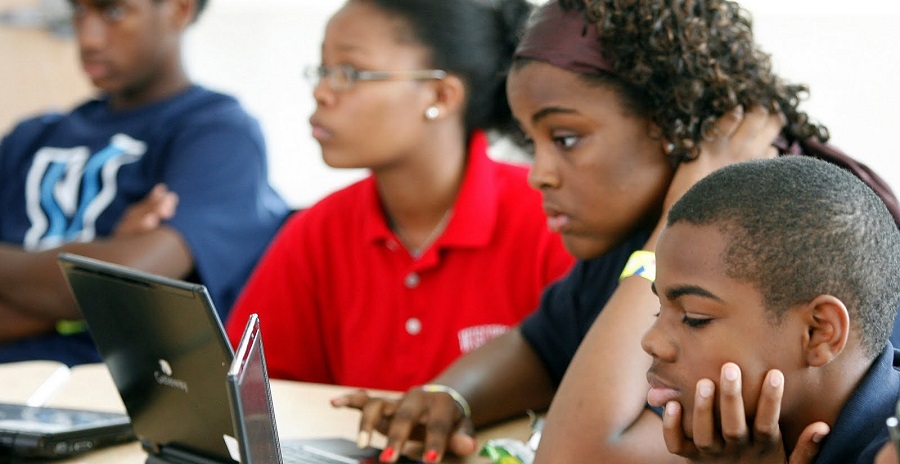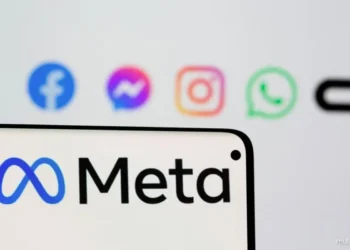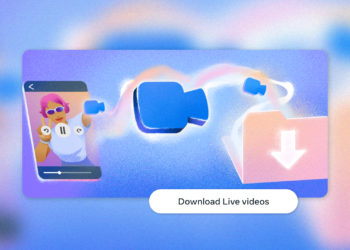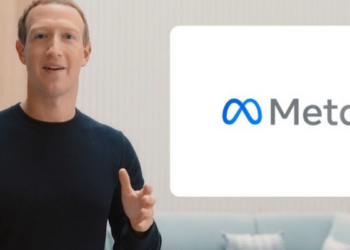Reportedly, Facebook has identified a new era of opportunity to further spread its tentacles in the world’s second largest internet market – India. Few weeks back, the social media giant announced that it had partnered with the Central Board of Secondary Education, a government body that oversees education in private and public schools in India to launch a certified curriculum on digital safety and online well-being, and augmented reality for students and educators in the country.
The goal is to prepare secondary school students for current and emerging jobs and help them develop viable skills. This will be divided in various phases according to Facebook.
The Phases:
- More than 10,000 teachers will be trained.
- These teachers will coach 30,000 students.
Reportedly, the CBSE brochure read “To further their commitment towards digital inclusion and digital empowerment, CBSE and Facebook have partnered to launch curriculum and related training in Augmented Reality, Digital Safety &Online Well-Being and introduce Instagram Toolkit for Teens,”.
Basically, with Facebook there will be an online programme for augmented reality, while with Instagram there will be a workshop on the usage time of the photo-sharing platform and how students and teacher can stay on these platforms.
(READ MORE:COVID-19: FG plans safe school reopening, as WHO discloses new guides to contain virus)
Could This Be What the Nigerian Educational System Needs?
The Nigerian educational sector has its shortcomings and with this pandemic came an alarming number of students stuck at home with no way to carry on learning. Education in this country has always been big business, from elite private schools to affordable options which are barely better than public schools. In the last few years, digital innovators and entrepreneurs have launched startups like uLessons among others to try to keep educating Nigerian students. These platforms have connected tutors/teachers to learners. However, we cannot determine the true impact of these efforts seeing as the country experiences many setbacks to fully enable online learning:
- Underfunding- this is sadly a common factor that affects the advancement of education not only in Nigeria but in Africa.
- Costing- the price of smartphones and other devices as well as mobile internet creates such a gap in these parts. Thankfully, there is the pre-recorded model which may factually not be as effective as learning in real-time but does offer a cheaper option.
The past few weeks have been saturated with debates of whether or not schools are ready to reopen. The Government reportedly agreed to a partial reopening with laid out rules for if they do decide that schools across the country can safely reopen their doors to students. No doubt, the urgency is understandable especially for students in graduating classes but with the unrelenting rise in coronavirus cases, many are against this happening.
Explore Advanced Financial Calculators on Nairametrics
In a hypothetical world where a tech giant like Facebook decides to partner with the Federal Ministry of Education, the benefits could be limitless:
- Providing children the digital skills to stay relevant in an evolving world.
- Personalized learning- helps children learn at the best place for them.
- Possibly boost motivation to learn- students will be more actively engaged when learning digitally.
- Improve fibre connectivity across the country.
- Promoting inclusive education- everyone is involved and active in the educating process.
- Increased learning opportunities as distance is no longer a hindering factor.
- Collaborative learning- this powers transparent and accurate communication between learners and teachers.
Whether the Nigerian educational system needs help from tech giants or not is not the main concern but still, the answer is – the system should welcome help no matter where it emanates from because in the end our students bear the brunt of our shortcomings.






















